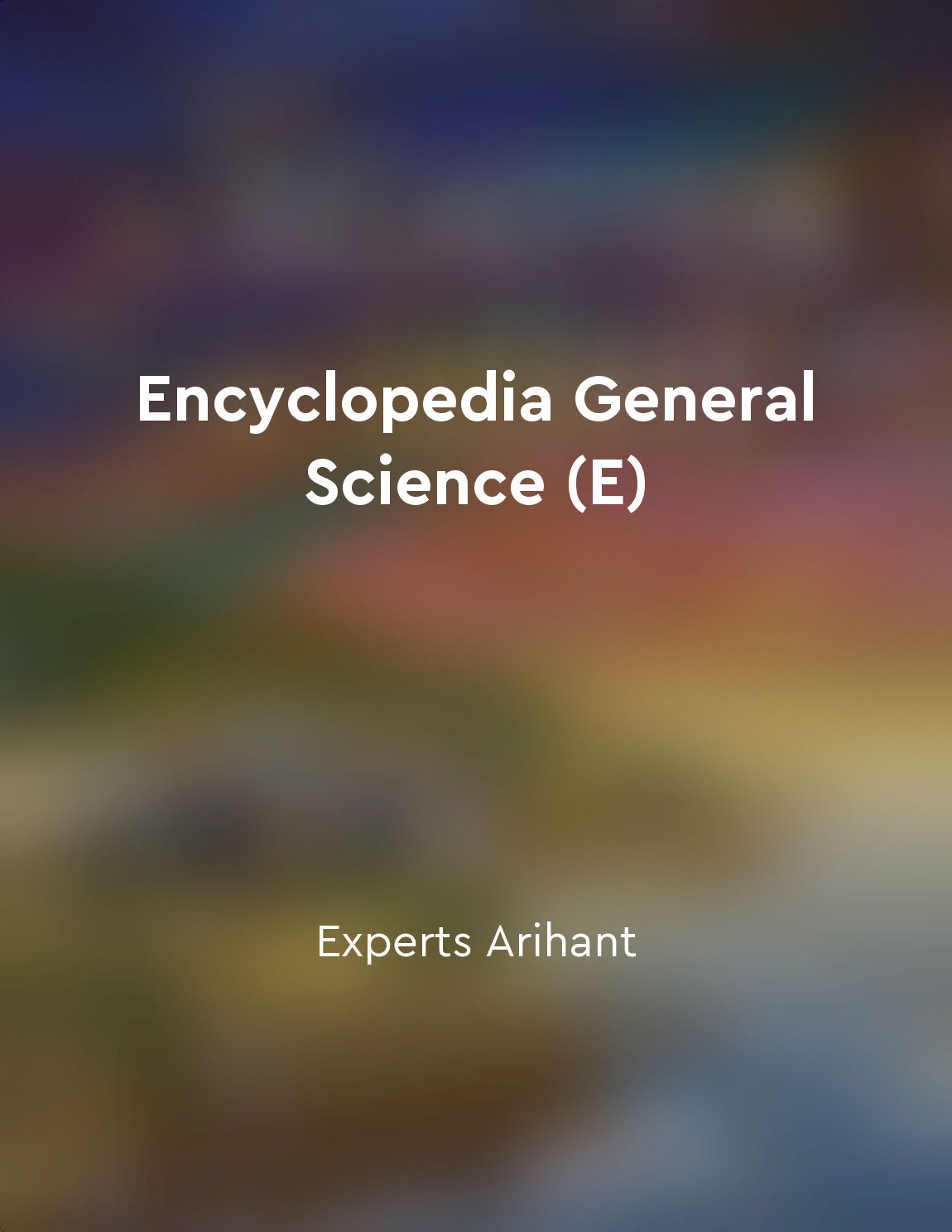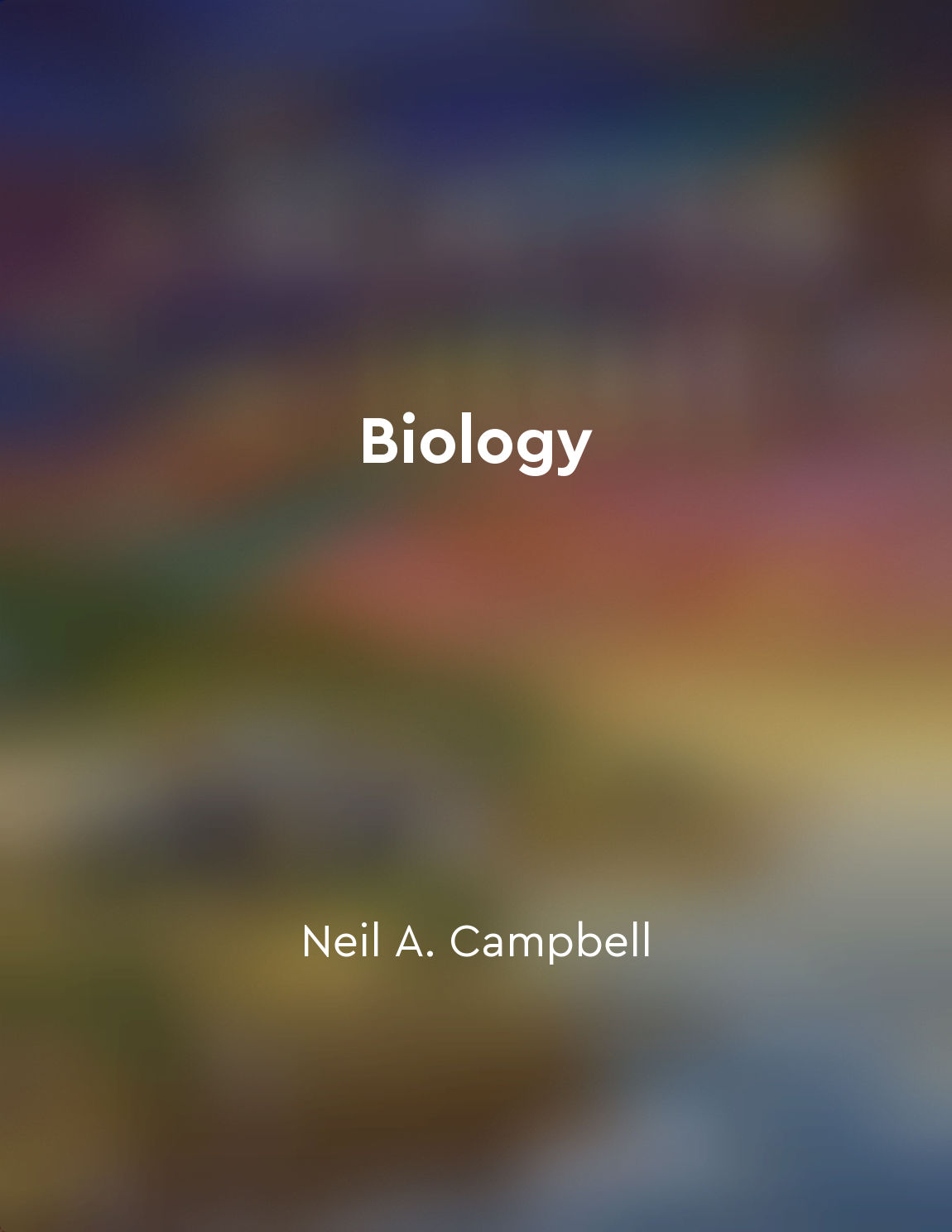Genetics and heredity from "summary" of Biology by Neil A. Campbell
The study of genetics and heredity is a fundamental aspect of biology that helps us understand how traits are passed down from one generation to the next. Genetics is the scientific study of heredity and the variation of inherited characteristics. Heredity is the passing of traits from parents to their offspring, and it is the reason why children often resemble their parents in terms of physical appearance and certain inherited traits. Gregor Mendel, an Austrian monk, is considered the father of genetics for his groundbreaking work in the mid-19th century. He conducted experiments with pea plants and discovered the basic principles of heredity, which laid the foundation for the modern field of genetics. Mendel's work showed that traits are inherited in discrete units called genes, and that these genes are passed down from parents to offspring. Genes are segments of DNA that contain instructions for building proteins, which are essential for the structure and function of our bodies. Each gene carries a specific trait, such as eye color or blood type, and these traits can be dominant or recessive. Dominant traits are expressed when an individual has one or two copies of the gene, while recessive traits are only expressed when an individual has two copies of the gene. Inheritance patterns can be complex, involving multiple genes and environmental factors that influence how traits are expressed. Genetic disorders can also result from mutations in genes, leading to abnormal traits or health conditions. Understanding genetics and heredity is crucial for various fields, including medicine, agriculture, and evolutionary biology, as it helps us predict and manipulate traits in organisms.- Genetics and heredity play a significant role in shaping the characteristics of living organisms and understanding the mechanisms behind inheritance. By studying these principles, scientists can unravel the mysteries of life and make advancements in various fields that benefit society as a whole.
Similar Posts

The scientific method is a systematic approach to investigation
The scientific method is a systematic approach to investigation. It is a structured way of asking questions about the natural w...

The circulatory system transports nutrients and wastes
The circulatory system plays a vital role in the body by transporting essential nutrients and removing waste products. This sys...
Evolution by natural selection
Evolution by natural selection is a beautifully simple idea that can explain the complexity and diversity of life on Earth. The...


